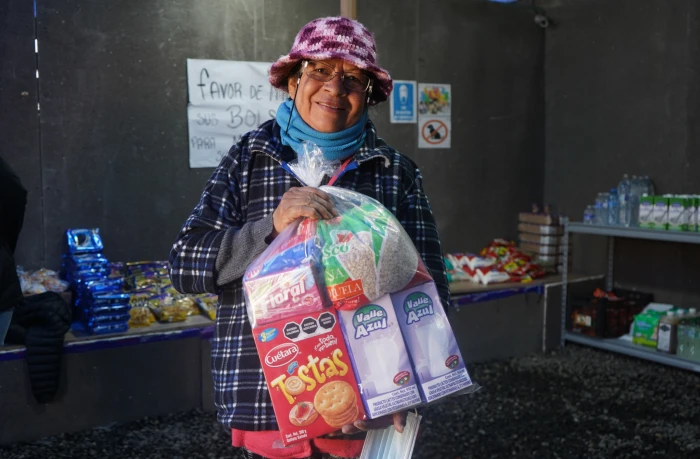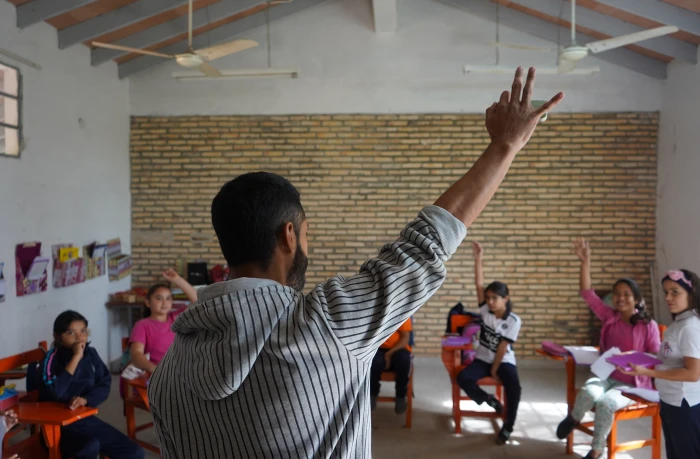The Audemars Piguet Foundation for Common Good, which supports a broad network of food banks and food redistribution organisations, aims to strengthen its action by funding the development of a unified framework for assessing their social and environmental impact.
Food banks play a crucial role in addressing hunger and food insecurity, serving as a lifeline for the most vulnerable communities around the world.
The Audemars Piguet Foundation for Common Good, which supports a broad network of food banks and food redistribution organisations, aims to strengthen its action by funding the development of a unified framework for assessing their social and environmental impact.
While the volume of redistributed food remains a key indicator, it is now essential to measure the broader effects of these activities. On a social level, this means understanding how food bank programmes influence health, access to nutritious food, and the overall well-being of local populations. On an environmental level, assessing the ecological footprint of redistributed food helps reduce waste, optimise sourcing, and promote more sustainable supply chains.
By integrating these dimensions into their mission, food banks can evolve towards more systemic and sustainable solutions. Analysing both quantitative and qualitative outcomes enables better targeting of vulnerable areas and more tailored responses to community needs, while also enhancing transparency towards donors, partners, and the public. In doing so, food banks can play an active role in the transition towards more equitable, inclusive, and resilient food systems.


